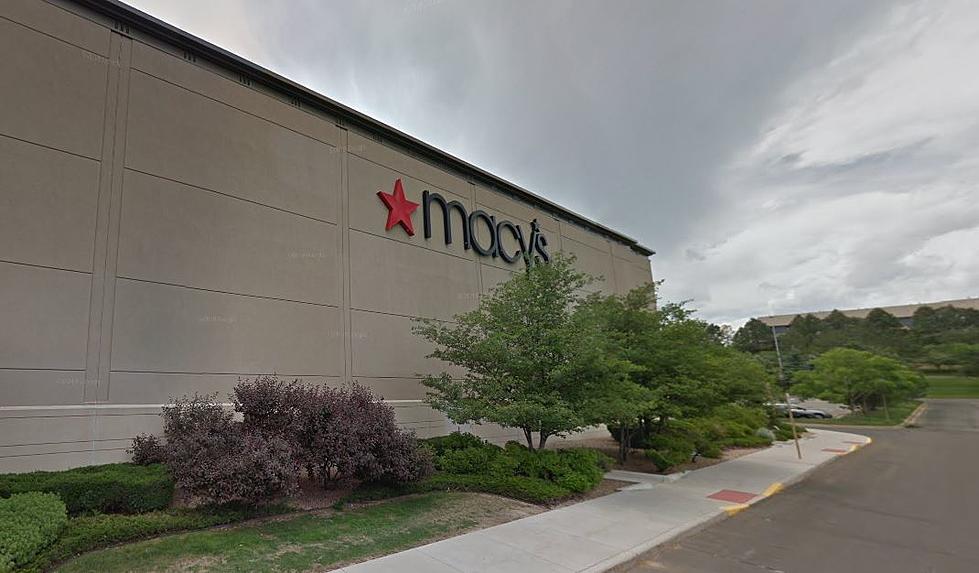
CSU States Options to Not Abide By City Vote
At the start of April, Fort Collins largely voted to turn the space once filled by the historic Hughes Stadium into open space and parks with a 68.1% approval rating. However, in a recent letter from Colorado State University’s attorney, the institution has laid out hypothetical options if they were not to abide by the city’s vote.
According to the Coloradoan, two days after the election results were announced across Fort Collins, the Colorado Attorney General’s Office (who is serving as CSU’s attorney) sent a letter to Fort Collins’ city attorneys floating the idea that CSU is entitled to develop the old Hughes Stadium site in spite of the electoral process. This could theoretically be done through the Site Plan Advisory Review (SPAR), a process that states the city can offer recommendations and wishes on what is done with the land but cannot actually approve or reject what is done with it.
This is technically true. Since CSU is a state entity, it does not need to utilize Fort Collins’ typical development review process. However, the Coloradoan has still stated that “both CSU and city officials say the entities continue to work together to determine a path forward for the site.”
If CSU were to develop the site against the wishes of the city populace, the released letter states that those allowed to live in the area “will be limited to qualified persons who are either CSU employees or students.” However, the letter itself does not signal that any true decision has been made in regards to the land, but only states options for what could be done with it if the academic institution does or does not abide with the city’s vote. That decision still remains with the CSU Board of Governors.
The results of the vote itself directed the city to rezone the property as open space and then to buy the site from CSU. If this occurred, CSU would not be able to build the 671 homes, apartments, child care centers, urgent care and transit centers that it had previously envisioned for the site. The City previously offered $7 million for almost all of the land, but this offer was rejected by Chancellor Tony Frank as too low.
If CSU declined to sell the site to Fort Collins and the City went ahead and rezoned the land anyway, this would create an interesting point of friction between the academic institution and local governance. If this was done, CSU could have a much harder time selling the site, since its value to a buyer would have significantly depreciated in terms of its ability to be used. Barring that, CSU could either use the SPAR process to develop the land anyway or end up suing Fort Collins over the zoning’s infringement on their private property.
CSU has stated in the past that it does respect the voting process and the desires of the Fort Collins community. Yet in a statement from the CSU system, they also stated “As has been true all along, the recently passed ballot measure does not bind the state to sell the Hughes property… We continue to look forward to future conversations with the city to determine if there is a path forward.”
CSU’s Board of Governors is expected meet again on May 6, where it is likely that the fate of Hughes Stadium will come up. If the Fort Collins City Council hasn’t offered any additional guidance by that date, the board could postpone discussing the Hughes questions until its retreat in June.
“We want to create the best solution for CSU, the city and its residents,” said a special assistant to CSU Chancellor Tony Frank. “We do care a lot about the community, and we will look at all of that.”

Fort Collins Top Employers
More From Power 102.9 NoCo - KARS-FM









